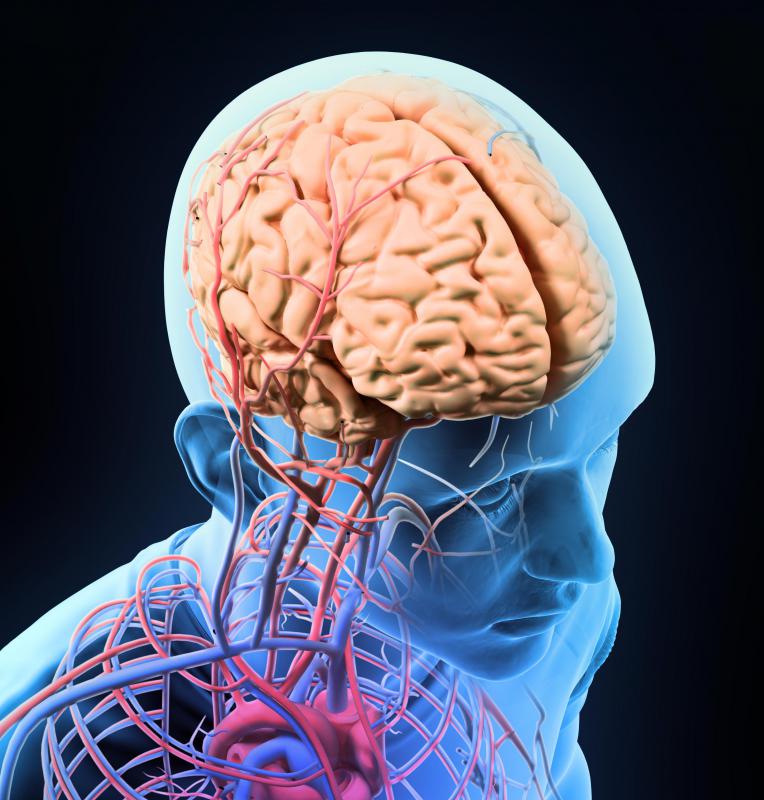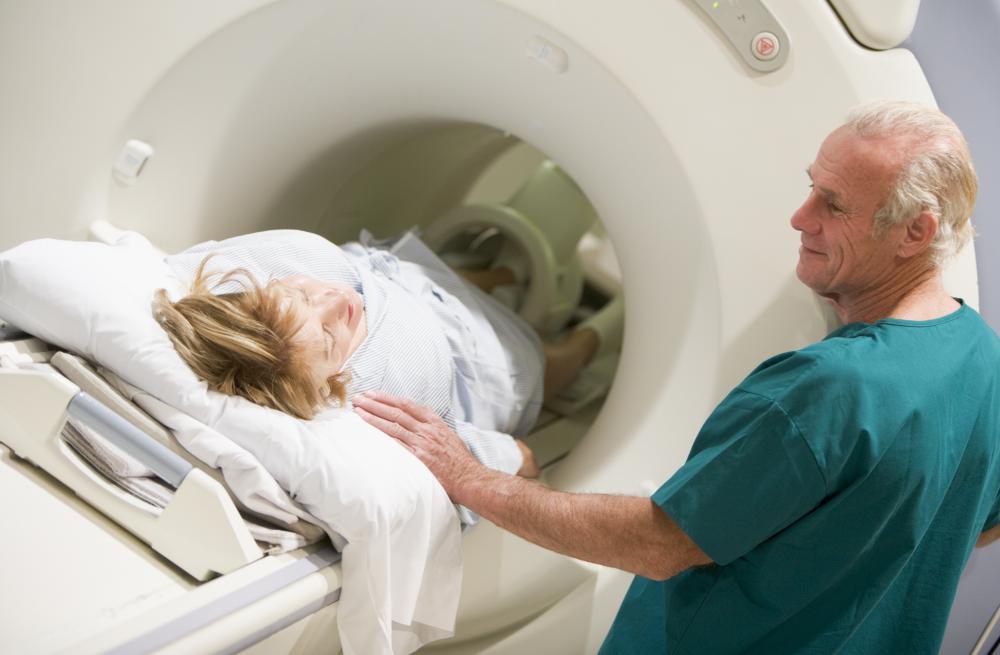At WiseGEEK, we're committed to delivering accurate, trustworthy information. Our expert-authored content is rigorously fact-checked and sourced from credible authorities. Discover how we uphold the highest standards in providing you with reliable knowledge.
What is Catatonia?
Catatonia is a phenomenon associated with some mental health conditions, as well as medical issues like epilepsy and severe trauma. Rather than being an isolated medical condition, it is a symptom of an underlying issue. Treatment involves interventions to bring the patient out of catatonia, followed by diagnostic evaluation to learn more about the cause and address it with the goal of preventing future episodes, as well as potential complications.
The stereotypical version of catatonia is an image of a person who does not move, speak, or respond to stimuli. This is an extreme form, known as catatonic stupor. More commonly, patients with catatonia do move and respond to stimuli, but very slowly, and they may have decreased motor coordination and trouble following conversations and grasping complex concepts. The patient can resist attempts to move the body and may engage in repetitive, purposeless movements.

Some patients experience catatonic excitement, where they become very agitated while in this state. This can result in the risk of self injury, as patients may hit things or fling their bodies. Other patients may start echoing the speech they hear without actively forming speech themselves, or speaking in meaningless babble as a result of their excitement. Patients can also do things like sitting motionless for hours or holding a pose they are placed in for an extended period of time.

Immediate treatment can include the administration of medications, selected on the basis of the patient's medical history and the specifics of the apparent catatonic state. Doctors are also interested in the cause. Mental illnesses like bipolar disorder and schizophrenia are sometimes behind this state. If a patient is in treatment for a mental health condition, the treatment needs to be adjusted to address the emergent catatonia and prevent the development of new symptoms.

Medical conditions like severe brain damage caused by trauma or high fever, epilepsy, and related conditions can also cause catatonia. In some instances, the emergence of this symptom can be a sign that a patient's condition is very grave. The patient may not recover from the catatonia, as the state is an evidence of a severe insult to the brain. Patients who have a history of serious illness like an aggressive influenza infection who develop catatonia during the course of treatment are a cause for concern as the symptom may be a sign that the brain and body are starting to shut down as a result of damage caused by the disease.
AS FEATURED ON:
AS FEATURED ON:















Discuss this Article
Post your comments